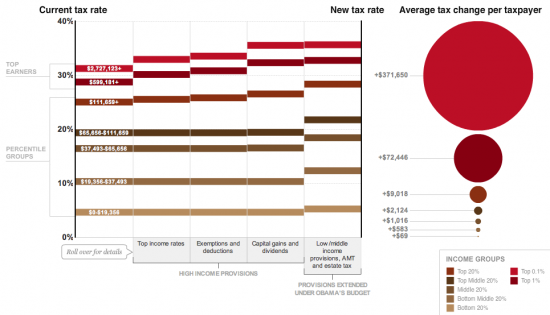From the
Dallas Federal Reserve:
"The key proviso is this: what might have been.
Simply put, there’s no way to know how badly the economy would have performed in the absence of fiscal stimulus and no way to prove how many jobs would have existed without stimulus.
Conventional models with standard multipliers generally peg the stimulus plan’s impact in the range specified by the council. But this is not true of all models. Some recent research finds that fiscal stimulus is especially effective when the federal funds rate is near zero, as it has been in recent times, suggesting that economic conditions might have been very bad without the stimulus plan.[3] Other research finds that fiscal stimulus has little impact even at near-zero rates because
individuals understand that deficit-financed government spending will cost them later.[4]
While the overall weight of the evidence suggests the stimulus plan has provided a short-term boost, it’s unclear exactly how large this boost has been. What is clear is
that stimulus funds have exacerbated near-term fiscal imbalances.
The deficit is now expected to spike to $1.4 trillion in 2009–10 and remain above $500 billion annually for the next decade, raising concerns that
private-sector borrowing may be crowded out to some degree and future tax burdens may grow. Painful choices—among them, withdrawing fiscal stimulus over time—will be necessary as the economy recovers if these imbalances are to be corrected."
Marvelous. Even according to the bastion of inflationary statist 'stimulous' policies, the Federal Reserve, we are worse off due to the Obushma actions, regardless of the deficit.
With the deficit, its hardly a stretch to say that in the chronicles of the United States, there are but 2 presidents who have done more damage to the sinews of America then current administration.
As for congress, the record low approval numbers are generous at best.












